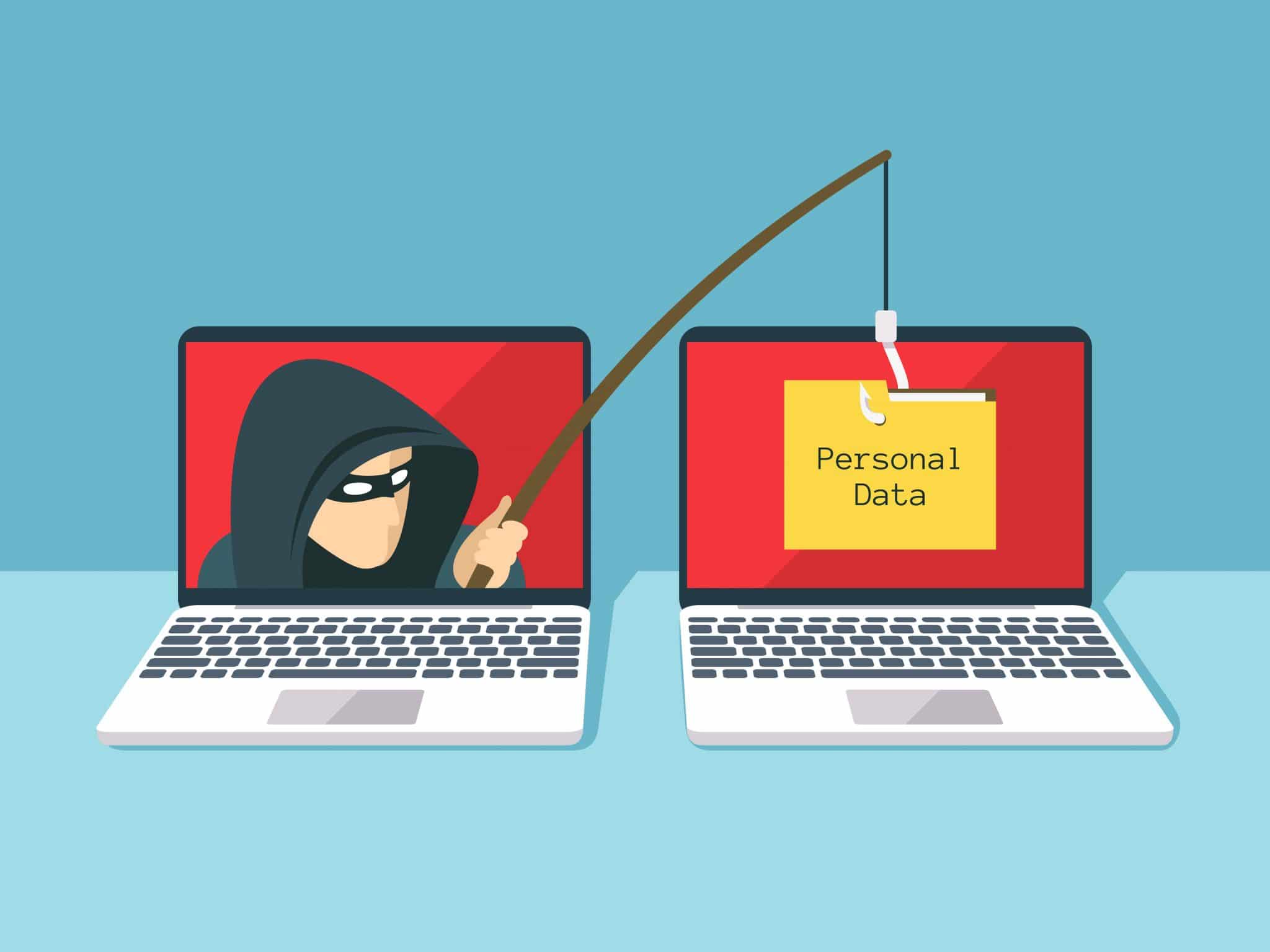Scam Warnings! How to Protect Yourself from Fraud
Scams are a pervasive threat in today’s interconnected world, targeting individuals and businesses alike. From phishing emails to fraudulent investment schemes, scammers continuously evolve their tactics, making it crucial to stay informed and vigilant.
This article provides a comprehensive guide on common scams, how to recognize them, and effective strategies to protect yourself.
Understanding Common Scams
Recognizing the various types of scams is the first step in protecting yourself. Scammers use diverse methods to deceive their victims, each with unique characteristics and warning signs.
- Phishing Scams
 Phishing scams involve fraudulent communications, typically emails or messages, that appear to come from reputable sources. They aim to steal sensitive information such as passwords, credit card numbers, or social security numbers.
Phishing scams involve fraudulent communications, typically emails or messages, that appear to come from reputable sources. They aim to steal sensitive information such as passwords, credit card numbers, or social security numbers.
Warning Signs
Look for suspicious email addresses, generic greetings, urgent language, and unsolicited attachments or links. Phishing emails often mimic legitimate companies but have slight discrepancies in the sender’s address or URL.
- Investment Scams
Investment scams promise high returns with little or no risk. They often involve fake investment opportunities, Ponzi schemes, or pyramid schemes.
Warning Signs
Be wary of unsolicited investment offers, guaranteed returns, pressure to invest quickly, and complex or secretive business models. Legitimate investments always involve some risk and should be transparent.
- Romance Scams
Romance scams occur when scammers create fake profiles on dating sites or social media to establish romantic relationships with victims, ultimately extorting money.
Warning Signs
Scammers often profess love quickly, avoid in-person meetings, and create elaborate stories to solicit money. Be cautious of individuals who ask for financial assistance for emergencies or travel expenses.
- Tech Support Scams
 Tech support scams involve scammers posing as technical support representatives from well-known companies, claiming there is a problem with your computer that needs immediate attention.
Tech support scams involve scammers posing as technical support representatives from well-known companies, claiming there is a problem with your computer that needs immediate attention.
Warning Signs
Unexpected calls or pop-up messages claiming your computer is infected, requests for remote access to your device, and demands for payment to fix non-existent issues are typical signs of this scam.
- Lottery and Prize Scams
 These scams inform victims they have won a lottery or prize, but they must pay fees or taxes upfront to claim their winnings.
These scams inform victims they have won a lottery or prize, but they must pay fees or taxes upfront to claim their winnings.
Warning Signs
Genuine lotteries do not require payment to claim prizes. Be skeptical of unsolicited notifications of winnings, especially if you haven’t entered any contests.
Strategies to Protect Yourself
Implementing protective measures can significantly reduce your risk of falling victim to scams. Here are some practical strategies to enhance your defenses against fraud.
- Educate Yourself
Regularly update your knowledge about the latest scam tactics and trends. Follow reliable sources such as government websites, financial institutions, and cybersecurity firms.
Participate in fraud prevention workshops and seminars to learn about new scams and protective measures.
- Verify Before You Trust
Always research the company or individual before providing any personal information or making financial commitments. Use official websites, verify contact details, and read reviews.
If you receive a suspicious communication from a company, contact them directly using official contact information to verify the authenticity of the message.
- Protect Personal Information
Avoid sharing sensitive information on social media or through unsecured channels. Use privacy settings to control who can view your information.
Install reputable antivirus software, enable firewalls, and regularly update your systems to protect against malware and cyber-attacks.
- Use Strong Passwords and Multi-Factor Authentication (MFA):
Create complex passwords using a mix of letters, numbers, and symbols. Avoid using the same password for multiple accounts.
Enable MFA on your accounts to add an extra layer of security. This requires a second form of verification, such as a text message code or biometric scan.
Responding to Scams
If you suspect you are being targeted by a scam or have already fallen victim, prompt and effective action is crucial.
- Report the Scam
Report the scam to relevant authorities such as the Federal Trade Commission (FTC), local law enforcement, or the Internet Crime Complaint Center (IC3).
Inform your bank or credit card company immediately if you suspect your financial information has been compromised. They can monitor your accounts for fraudulent activity and take necessary measures.
- Document Everything
Save all communications, including emails, messages, and voicemails. This documentation can be crucial for investigations and potential legal actions.
Record details about the scam, such as the name of the scammer, the date and time of communication, and any specific requests made.
- Recover and Secure Your Information
Immediately change passwords for all affected accounts. Consider using a password manager to generate and store complex passwords.
Regularly check your bank and credit card statements for unauthorized transactions. Set up alerts for suspicious activity.
- Seek Support
Falling victim to a scam can be emotionally distressing. Consider seeking support from counseling services or support groups.
In some cases, consulting with a legal professional may be necessary, especially if significant financial losses or identity theft are involved.
Case Studies and Real-World Examples
Analyzing real-world examples of scams can provide valuable insights into how they operate and how victims can protect themselves. Here are a few notable case studies:
- Phishing Attack on a Major Corporation
Scenario: Employees at a large corporation received emails that appeared to be from the company’s IT department, requesting they update their passwords due to a security breach.
Outcome: Several employees fell for the scam, compromising sensitive company information. The incident highlighted the importance of employee training and robust cybersecurity measures.
Lesson: Implement regular phishing simulation exercises and educate employees on recognizing and reporting phishing attempts.
- Lottery Scam Targeting Elderly Individuals
Scenario: Elderly individuals received letters claiming they had won a lottery but needed to pay fees to claim their winnings. The scammers used official-looking documents to gain trust.
Outcome: Many victims sent money, losing their savings. This case highlights the vulnerability of elderly individuals to scams.
Lesson: Educate elderly family members about common scams and encourage them to verify any unsolicited communications. Consider involving a trusted family member or advisor in financial decisions.
Summary
Scams are an ever-present threat, but by staying informed and vigilant, you can protect yourself and your loved ones. Understanding the common types of scams, implementing protective measures, and knowing how to respond if targeted are crucial steps in safeguarding your financial and personal information. By educating yourself and others, you can help create a safer and more secure environment for everyone.
References
Internet Crime Complaint Center (IC3)
Identity Theft Resource Center: Support and Information
National Institute on Aging: Avoiding Scams




































